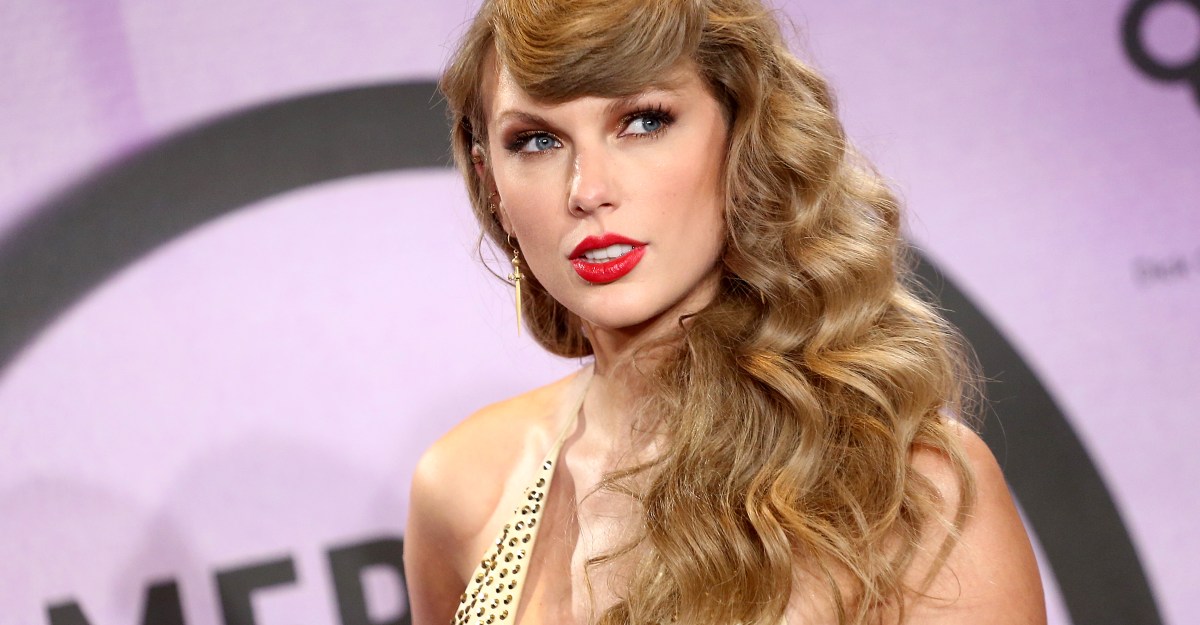Universal and Warner Near AI Music Licensing Breakthroughs

Key Points
- Universal Music and Warner Music are close to AI licensing deals.
- Negotiations include Google, Spotify, Klay Vision, ElevenLabs, and Stability AI.
- Agreements focus on licensing songs for AI training and generation.
- Labels push for streaming‑style micropayment compensation.
- AI firms would need software to track music usage in real time.
- Music‑generating startups Suno and Udio are involved in copyright disputes.
Universal Music and Warner Music are on the brink of licensing agreements that could reshape how the music industry interacts with artificial intelligence. Talks involve major tech firms such as Google and Spotify, as well as AI startups like Klay Vision, ElevenLabs, and Stability AI. The negotiations focus on how labels will license songs for AI training and generation, with compensation models resembling streaming micropayments. Successful deals would require AI companies to develop tools that track music usage in real time.
Industry Leaders Approach AI Licensing Deals
Universal Music and Warner Music, two of the world’s largest record labels, are reported to be within weeks of finalizing licensing agreements that could fundamentally change the relationship between music catalogs and artificial intelligence. The talks bring together major technology platforms, including Google and Spotify, alongside a range of AI startups such as Klay Vision, ElevenLabs, and Stability AI.
Negotiation Focus
The core of the negotiations centers on how the labels’ songs will be licensed for training AI models and for the creation of AI‑generated music. Both labels are emphasizing compensation that mirrors the streaming model, where each play generates a micropayment. Implementing such a model would require AI developers to build software capable of tracking when and how music is used in real time.
Stakeholder Involvement
In addition to the major tech firms, several music‑generating ventures, including Suno and Udio, are currently involved in copyright disputes with the labels. Their participation highlights the broader industry tension surrounding AI‑driven content creation and underscores the need for clear licensing frameworks.
Potential Industry Impact
If the agreements are reached, they could set a precedent for how music rights are managed in the AI era, providing a structured revenue stream for rights holders while giving AI developers a clearer path to legally use copyrighted works. The proposed streaming‑style compensation model aims to balance the interests of artists, labels, and technology companies, ensuring that creators receive ongoing payments as their work powers new AI applications.
Next Steps
Both Universal and Warner are reportedly pushing for the development of tracking tools that would allow AI companies to automatically record usage events and calculate corresponding payments. Such infrastructure would be essential for operationalizing the micropayment system and could become a standard feature across AI music platforms.
The outcome of these negotiations will likely influence future licensing discussions across the broader entertainment sector, as other content owners watch closely to see how the music industry navigates the challenges and opportunities presented by artificial intelligence.